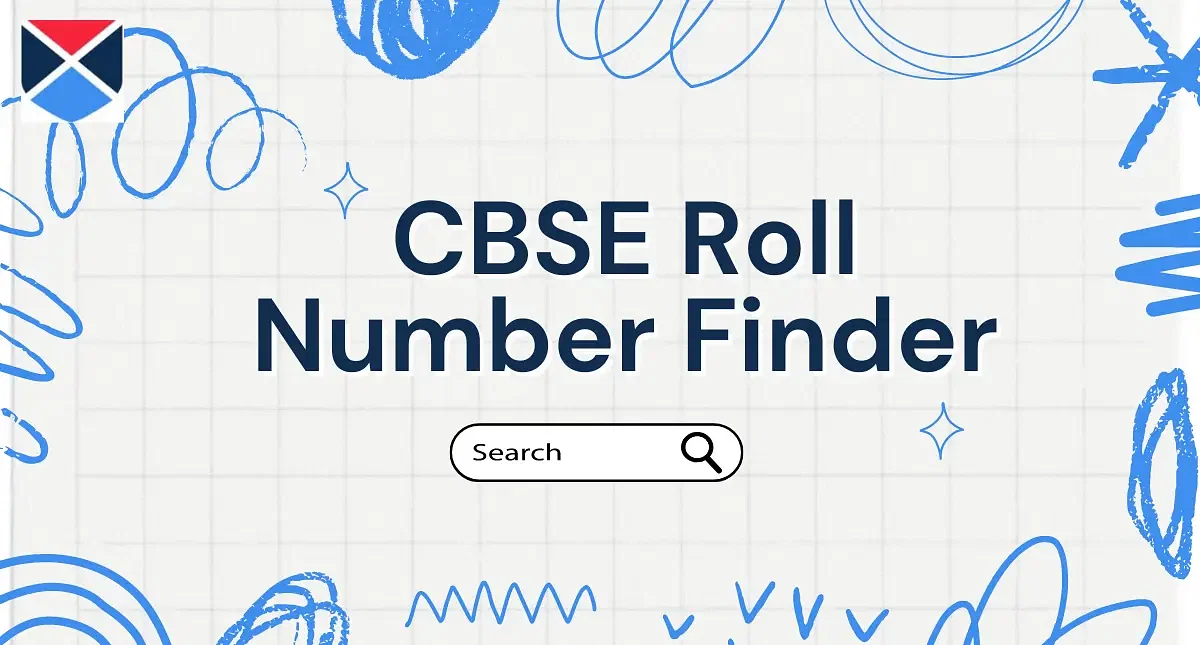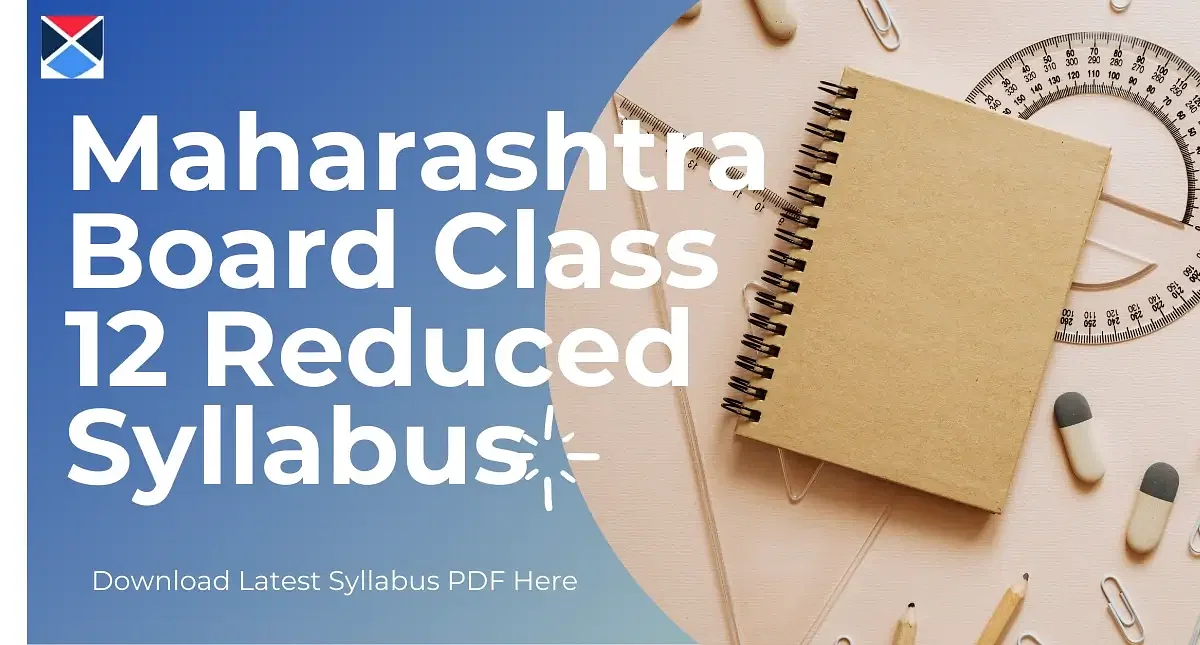Chemistry marks distribution for class 12 CBSE board consists of marks weightage per question. The marks distribution ranges from 1 to 5 marks each question.
CBSE Chemistry marks distribution for class 12 consists of marking weightage per question that varies chapter-wise for the chemistry exam. The minimum score weightage per question is 1 mark, and the maximum score weightage is 5 marks in the chemistry paper for CBSE boards.
Students must secure minimum qualifying marks of 33% percent to pass the CBSE 12th board exam. The exam questions consist of topics from the CBSE class 12 chemistry syllabus 2024.
CBSE Chemistry Marks Distribution for Class 12: Theory
CBSE Chemistry marks distribution for class 12 consists of minimum 1 marks and maximum 5 marks per question. Students can have a look below to understand the marks distribution per question.
| Question Type | Marks Distribution & Weightage |
|---|---|
| Multiple-Choice Questions (MCQ) | 1 |
| Very Short Answer Type Questions | 2 |
| Short Answer Type Questions | 3 |
| Case Based Questions | 4 |
| Long Answer Type Questions | 5 |
Also Check: CBSE Class 12 Chemistry Deleted Syllabus
CBSE Chemistry Marks Distribution for Class 12: Practical
CBSE chemistry practical exam is held for 30 marks and for a duration of three hours in the practical exam premises. Students can go through the table below to understand CBSE Chemistry marks distribution for class 12 for practical exams.
| Task Type | Marks Distribution |
|---|---|
| Experiments (Volumetric & Salt Analysis) | 8+8 |
| Content Based Experiments | 6 |
| Project, Viva & Class Records | 4+4 |
| Total Scores Awarded | 30 |
Also Check: CBSE Class 12th Chemistry Syllabus
CBSE Chemistry Chapter-Wise Marks Distribution for Class 12
Students can perform well in the CBSE class 12 chemistry test by concentrating on important topics in the syllabus. Aspirants can go through the chapter-wise CBSE Chemistry marks distribution for class 12 below.
| Chapter Name | Marks Distribution & Weightage |
|---|---|
| Solutions | 7 |
| Electrochemistry | 9 |
| Chemical Kinetics | 7 |
| d -and f-Block Elements | 7 |
| Coordination Compounds | 7 |
| Haloalkanes and Haloarenes | 6 |
| Alcohols, Phenols and Ethers | 6 |
| Aldehydes, Ketones and Carboxylic Acids | 8 |
| Amines | 6 |
| Biomolecules | 7 |
| Total Scores Awarded | 70 |
Also Check: CBSE 12th Chemistry Practical Syllabus
CBSE Chemistry Class 12 Paper Pattern 2024
CBSE chemistry class 12 exam paper will have five sections. Each section will have a different question type and the marks will vary question-wise. The exam will be conducted for three hours on different dates, varying board-wise.
CBSE chemistry class 12 marks distribution and weightage vary on questions asked in the exam, and the paper will be of a total of 70 marks. Students can go through the CBSE chemistry class 12 exam pattern tabulated below.
| Question Type | Number of Questions | Marks Distribution & Weightage |
|---|---|---|
| Multiple-Choice Questions (MCQ) | 18 | 1 |
| Very Short Answer Type Questions | 7 | 2 |
| Short Answer Type Questions | 5 | 3 |
| Case Based Questions | 2 | 4 |
| Long Answer Type Questions | 3 | 5 |
Also Check: CBSE Class 12 Chemistry Paper Analysis
CBSE Chemistry Class 12 Paper Preparation Tips 2024
CBSE Class 12 chemistry board exams are an important stage in a student's life since admission to the colleges is determined by the performance of the student on the board tests. Below are some vital preparation tips for the class 12 chemistry paper board tests.
- Aspirants must go through the class 12 syllabus in detail before preparations and create a 6-month strategized study plan.
- Students must include practice tests, mock tests, previous years' question papers, and question banks in their study plan and practice regularly for accuracy in the concepts and topics.
- Students must reflect on the previous year's question trends and expected questions in the question banks, as it will help in understanding the question pattern, question type, and difficulty level.
- Students must identify their strengths and weaknesses and consistently practice chapters within a time limit of 3 hours.
- Prior to the exam, you should get at least seven hours of sleep and try not to stress regarding the question paper.
- Candidates must take care of their health, take meals on time, and take breaks in between their studies to enhance productivity.
- If students cannot understand chemical equations and formulae, then they will have difficulty recalling them later. Therefore, they must study the chapters efficiently.
Also Check: Best Reference Books for CBSE Class 12th Chemistry









